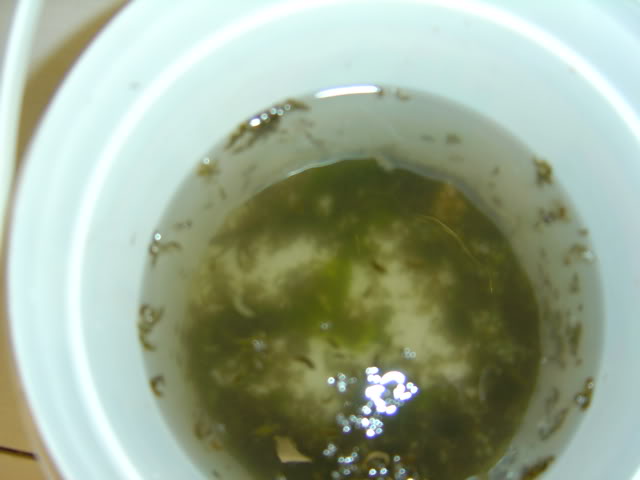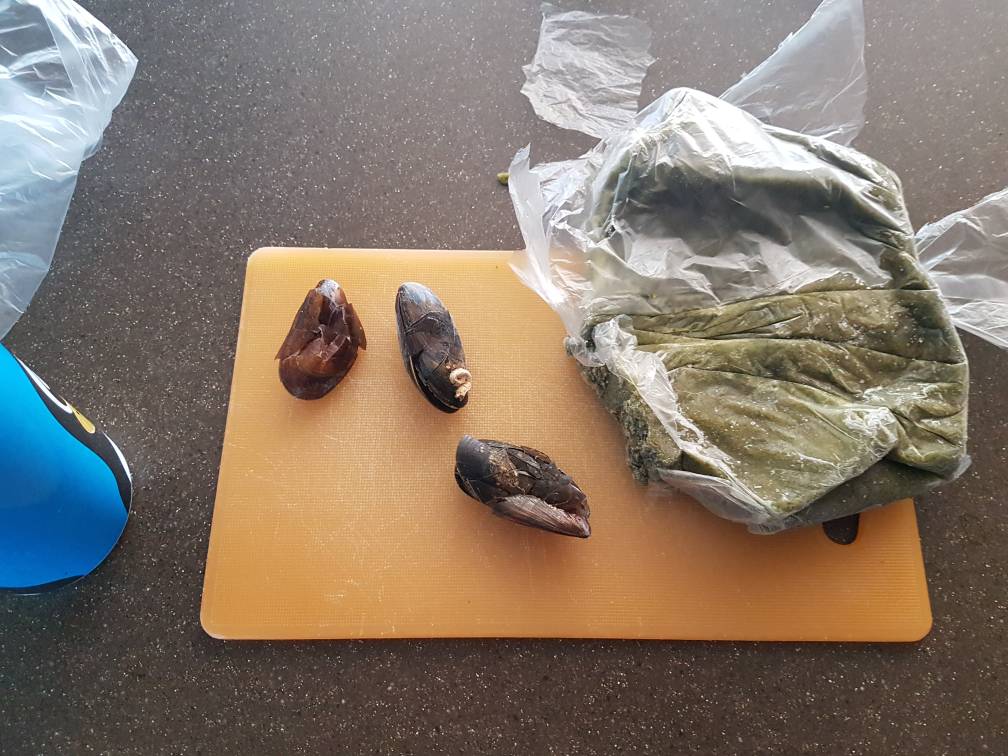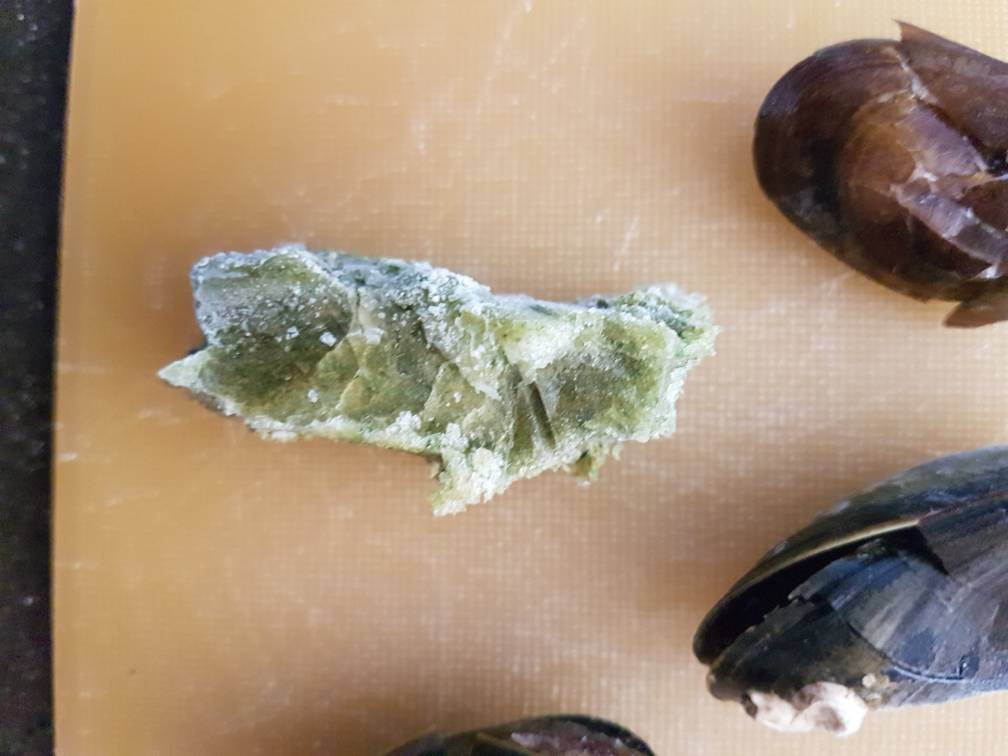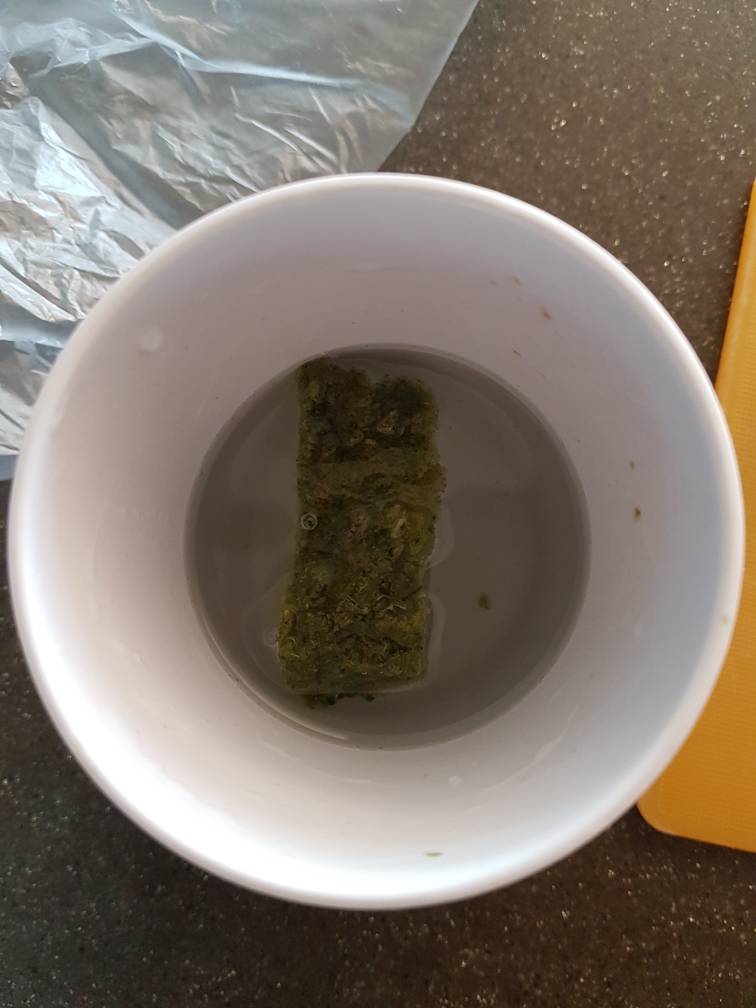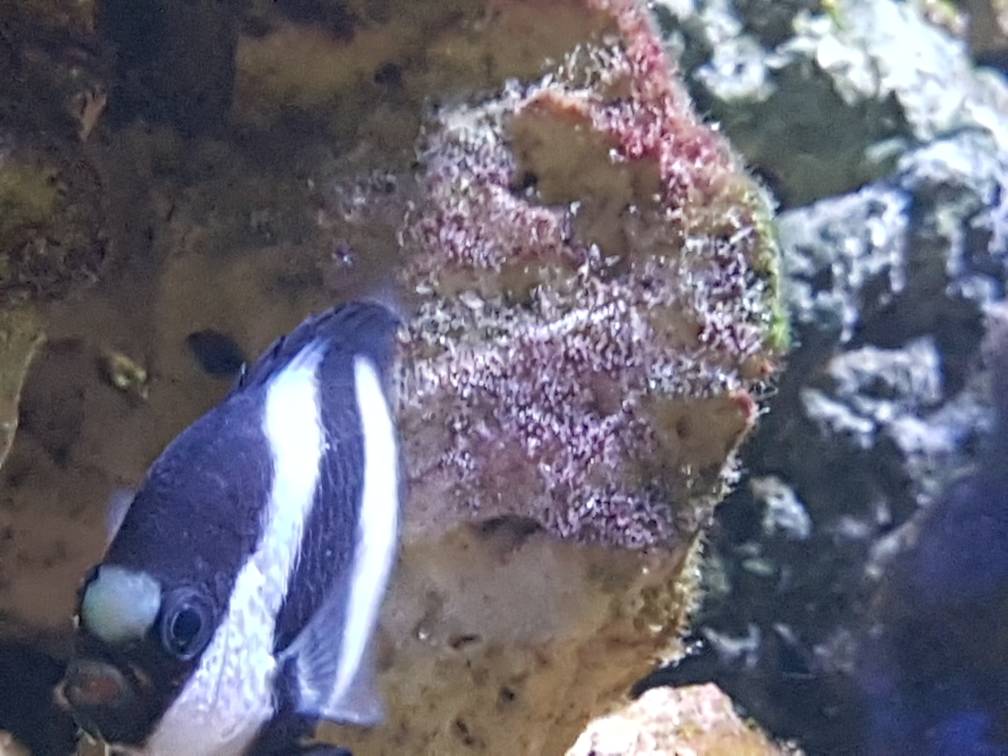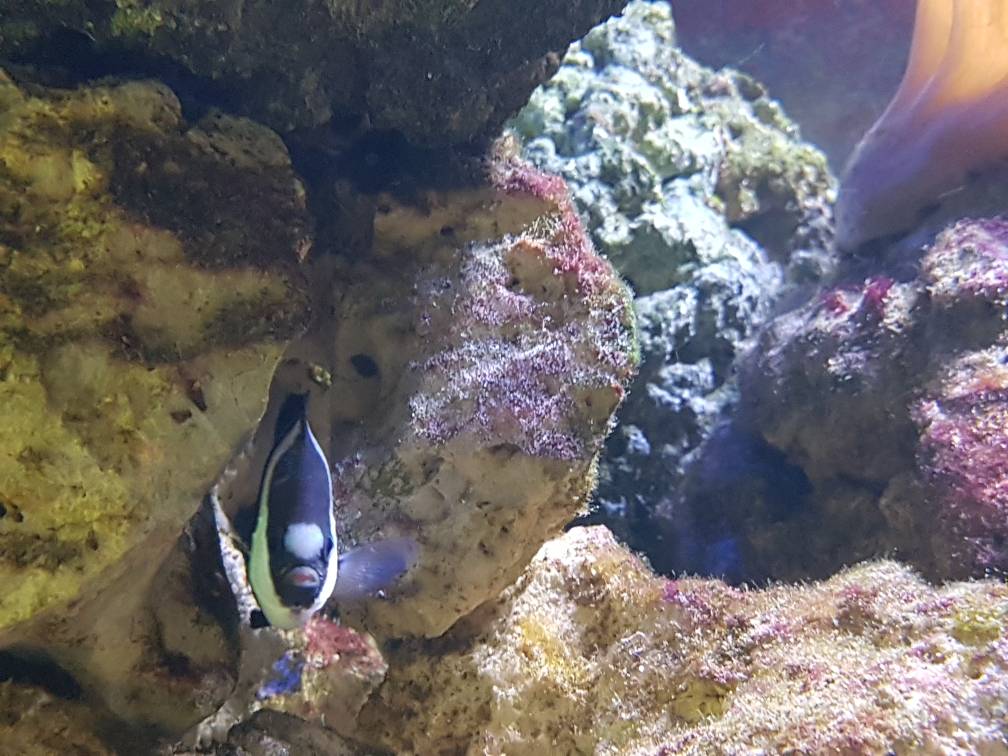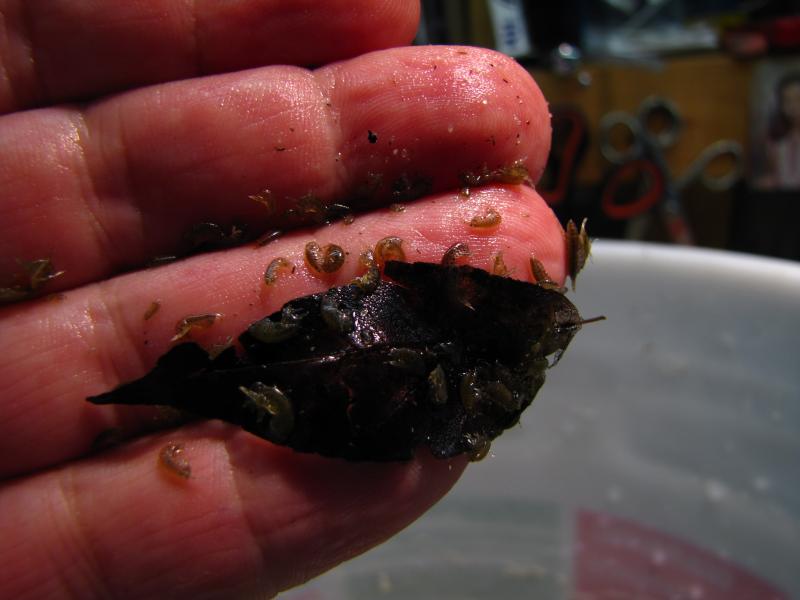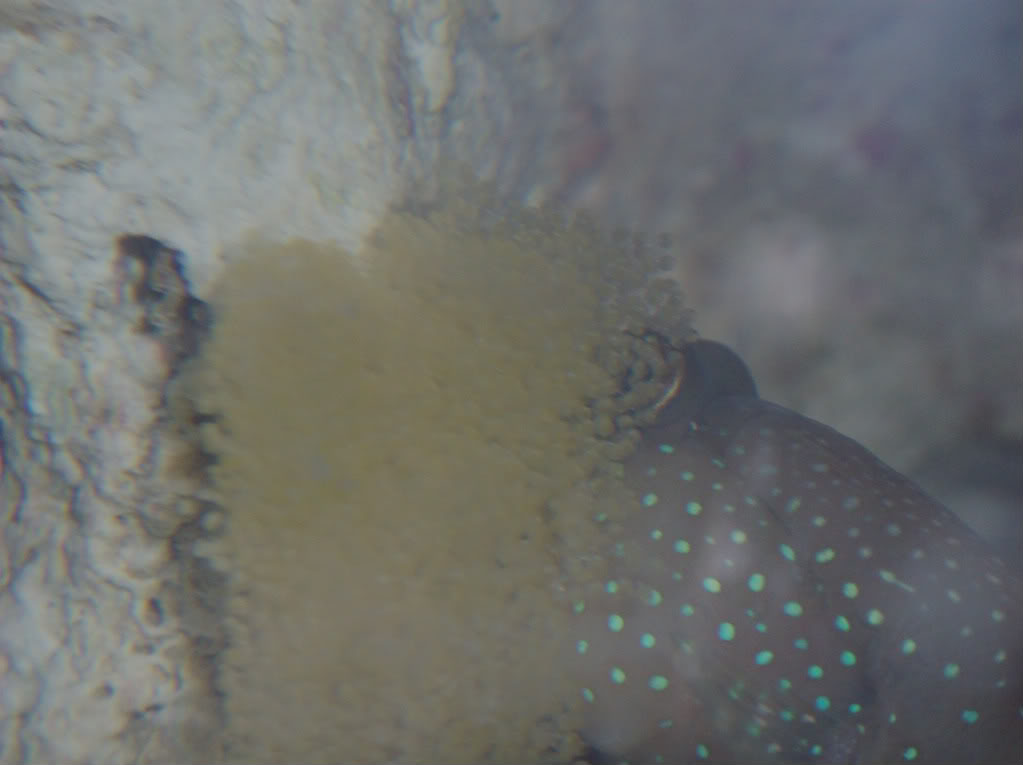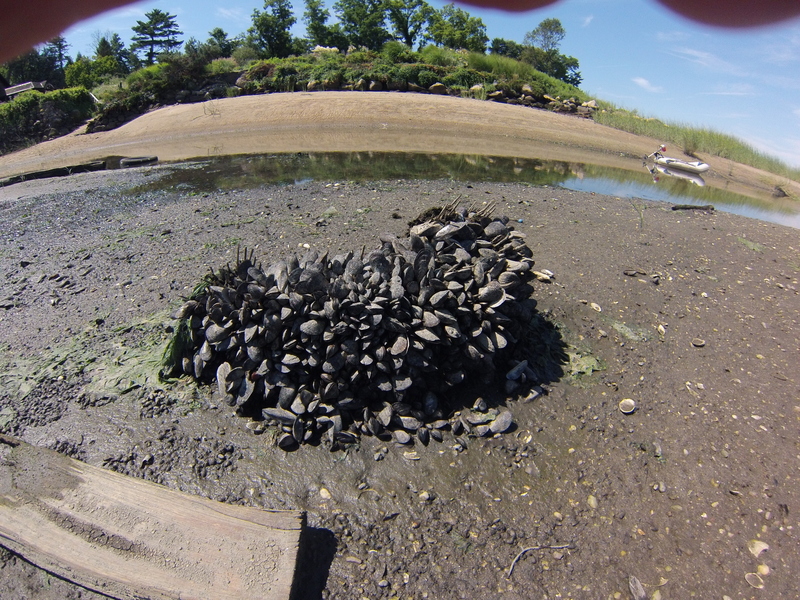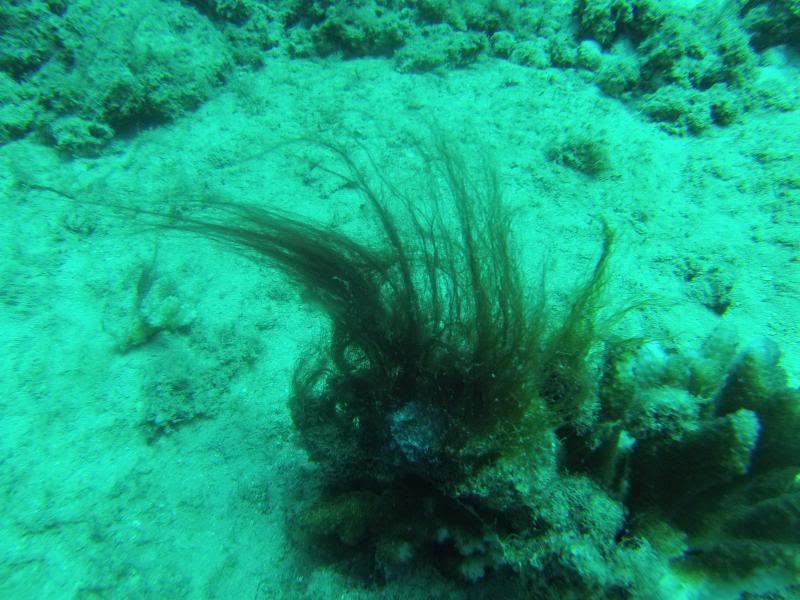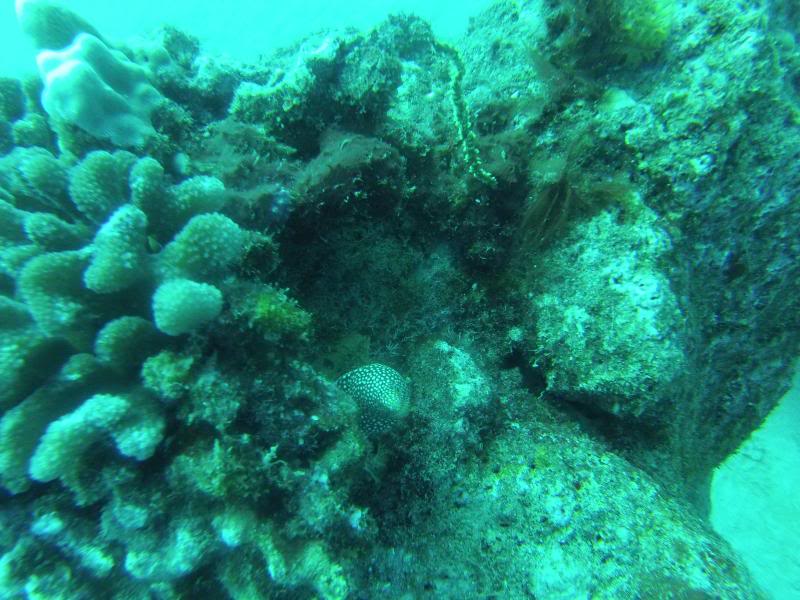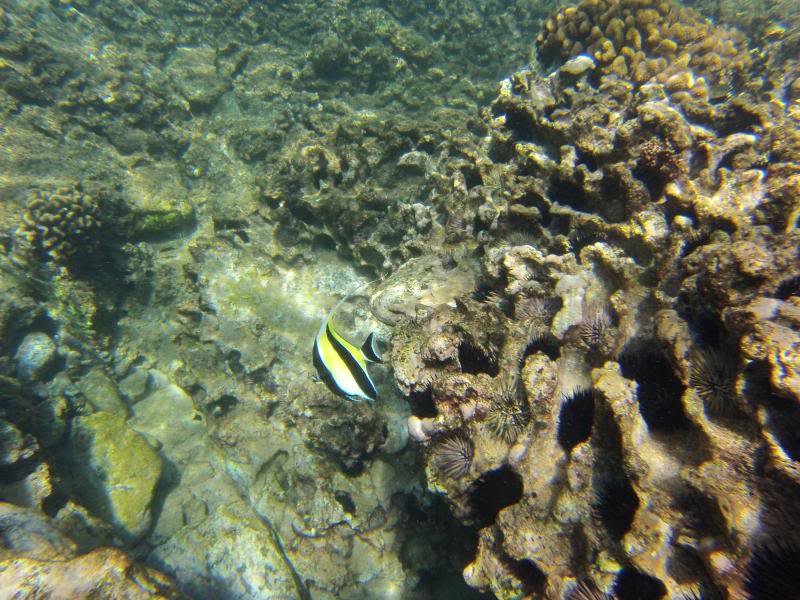I would suggest that you have the rarest of things in this hobby... a system that works for you.I do mixed procedures and it seems to be working for me. Every new fish I buy I do place in quarantine but mainly for observation only. I don't treat prophylactically but just observe them for a month. If I see sign of disease I do then treat them accordingly. While in there I only feed live foods though, blackworms, baby brine, and if all is going well and I am not treating, Pods. I figured I don't want to purposefully put a diseased fish into the lions den of my DT, and I want him as healthy as possible when he does go in. Plus by observing him for a month I can get him used to my feeding schedule and make sure he is eating correctly. I have had great luck with this system and probably will keep it up. Is my tank disease free? I really have no idea. Are my fish immune? once again no idea, but everything is fat happy healthy and breeding so something must be going right. My copperband has pretty much doubled in size, the 2 mandys are little sausages, Tangs are fat and look like pigs. 6 line Wrasse is a joker and loves to show off whenever you are next to tank, and the clowns are pretty much like rabbits and always protecting their eggs.
Well done[emoji4]





